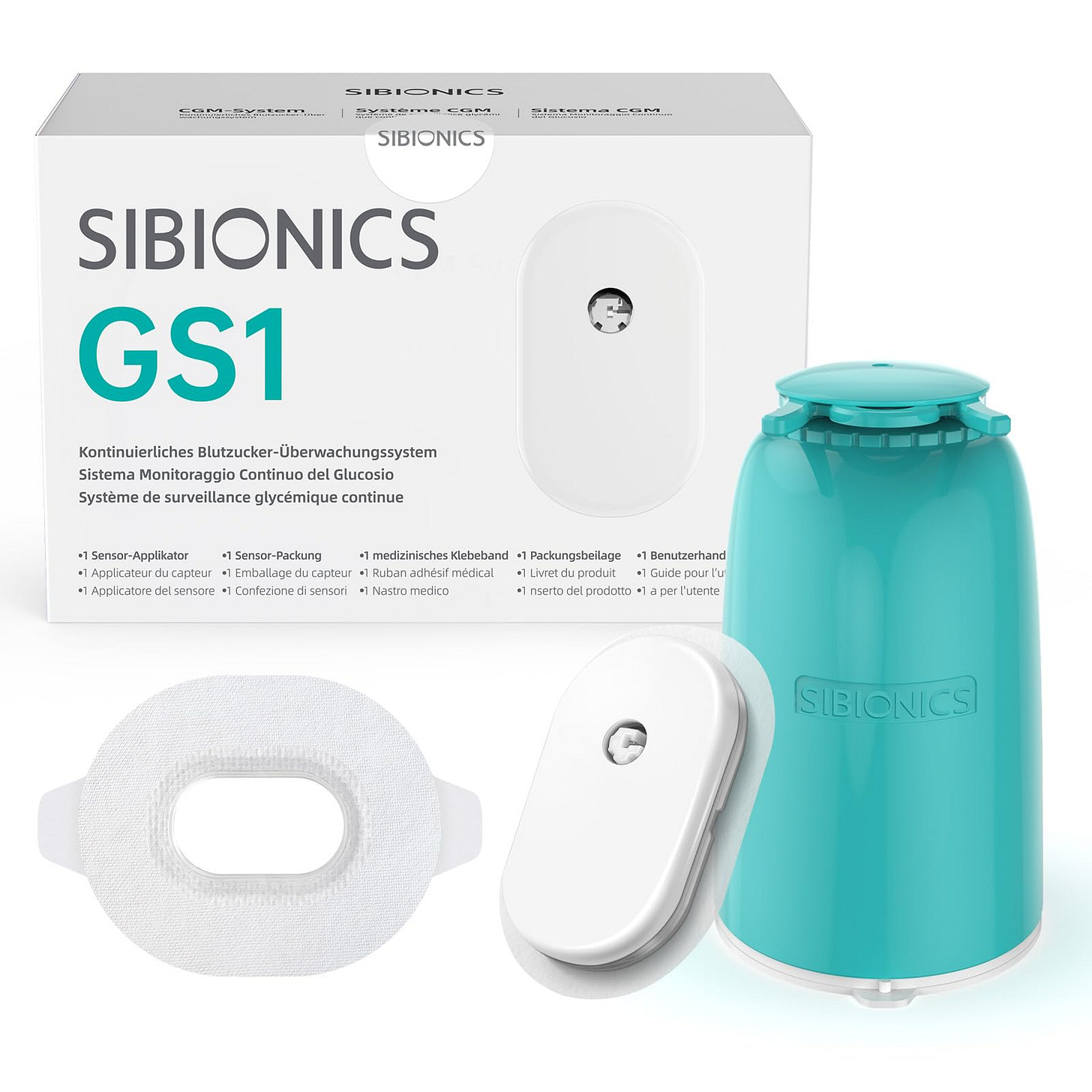The Hidden Link Between Blood Sugar and Fatigue
How blood sugar impacts our energy and well-being and what to do about it?
We often associate burnout with stress, overwork, and lack of rest, but there’s a significant factor that’s frequently overlooked: blood sugar imbalance.

Whether you're feeling exhausted at work, overwhelmed by daily tasks, or just not performing at your best, your blood sugar may be to blame.
Let’s explore why.
The Critical Role of Blood Sugar in Energy Levels
Blood sugar, also known as glucose, is the body’s primary source of energy. Every cell in your body, from the brain to the muscles, relies on a steady supply of glucose to function.
The body strives to maintain a delicate balance in blood sugar levels, ensuring you have enough energy without overwhelming your system.
Insulin, a hormone produced by the pancreas, plays a key role in this process. It helps move glucose from the bloodstream into your cells to be used as energy. When blood sugar is balanced, your energy levels remain stable, allowing you to stay alert and focused.
How Blood Sugar Imbalance Leads to Fatigue and Burnout
When the balance in blood glucose is disrupted, problems arise. Blood sugar imbalance can lead to two key issues that contribute to fatigue and burnout:
Blood Sugar Spikes
When you consume foods high in sugar or refined carbohydrates, these foods cause a rapid increase in blood sugar levels, giving you a temporary energy boost. But as quickly as your energy rises, it also crashes as fast—leaving you feeling more tired and unfocused than before. This rollercoaster can also trigger irritability and cravings for more sugar or caffeine, perpetuating the cycle.
Chronic Blood Sugar Imbalance
Over time, if your blood sugar is consistently too high or too low, it can lead to long-term health problems. Chronic blood sugar imbalance can cause constant fatigue, brain fog, mood swings, and even disrupt your sleep, making it hard to recover from burnout.
Signs of Blood Sugar Imbalance
Here are some of the most common signs that your blood glucose might be out of balance:
Sudden dips in energy, especially after meals
Constant hunger or cravings, particularly for sweets or carbs
Difficulty concentrating or “brain fog”
Irritability or mood swings
Feeling dizzy or shaky when you’re hungry
If any of these sound familiar, it’s worth considering whether your blood sugar might be part of the problem.
How to Optimize Your Blood Sugar and Restore Your Energy
Addressing blood sugar imbalance is a powerful way to regain control over your energy levels and fight burnout. Here’s what you can do to start controlling your blood sugar.
Monitor Your Blood Sugar
Devices called “continuous glucose monitors” allow you to track your blood sugar in real-time. You can see exactly how different foods and activities affect your glucose levels, making it easier to identify what’s causing energy dips.
I’ve recently started using a device called Sibionics GS1 and I already learned a lot about my blood sugar and how different foods affect my glucose.
Sibionics GS1 gives you worry-free 24/7 blood sugar monitoring. The system is designed to be non-invasive, user-friendly, and fully compatible with your smartphone, allowing easy access to data at any time. The sensor is waterproof, so you can wear it during sports, swimming, or showering. It is designed for 14 days of use, which ensures long-term, reliable monitoring.
I encourage you to check it out and try it for yourself. You can use the coupon code JANI10 to save some money on checkout.
Eat Clean, Whole Foods
Focus on unprocessed foods like vegetables, lean proteins, and healthy fats and avoid refined sugars, processed snacks, and simple carbs that cause blood sugar spikes.
Balance Your Meals
Aim for meals that combine carbs, protein, fat, and fiber, which help slow the absorption of sugar into the bloodstream. This prevents the sudden energy crashes that follow sugar spikes.
Fasting and Low-Carb Diets
Intermittent fasting or adopting a low-carb diet can improve insulin sensitivity and help stabilize blood sugar levels. This reduces the risk of energy fluctuations and improves focus.
Additional Tips:
Eat your meals in the right order: Start with vegetables, then proteins, and finish with carbs to reduce the impact on your blood sugar.
Add apple cider vinegar or cinnamon to meals to help moderate blood sugar levels.
Try walking for 10-15 minutes after meals; it helps your body use glucose more efficiently.
By taking these steps, you can maintain stable blood sugar levels and avoid the energy crashes that contribute to fatigue and burnout. Your body will thank you with more sustained energy, better focus, and improved resilience in the face of stress.
Remember, conquering burnout isn’t just about mental and emotional well-being—your physical health plays a huge role, too.



